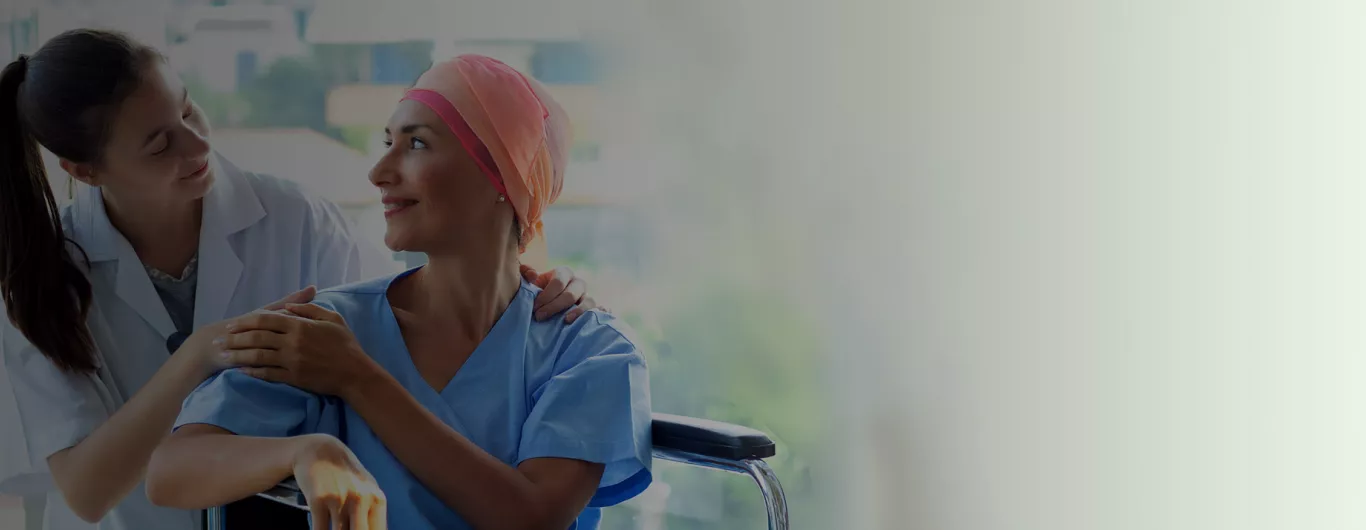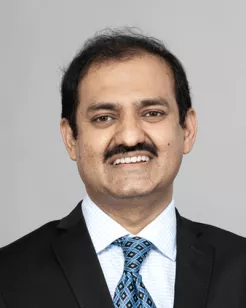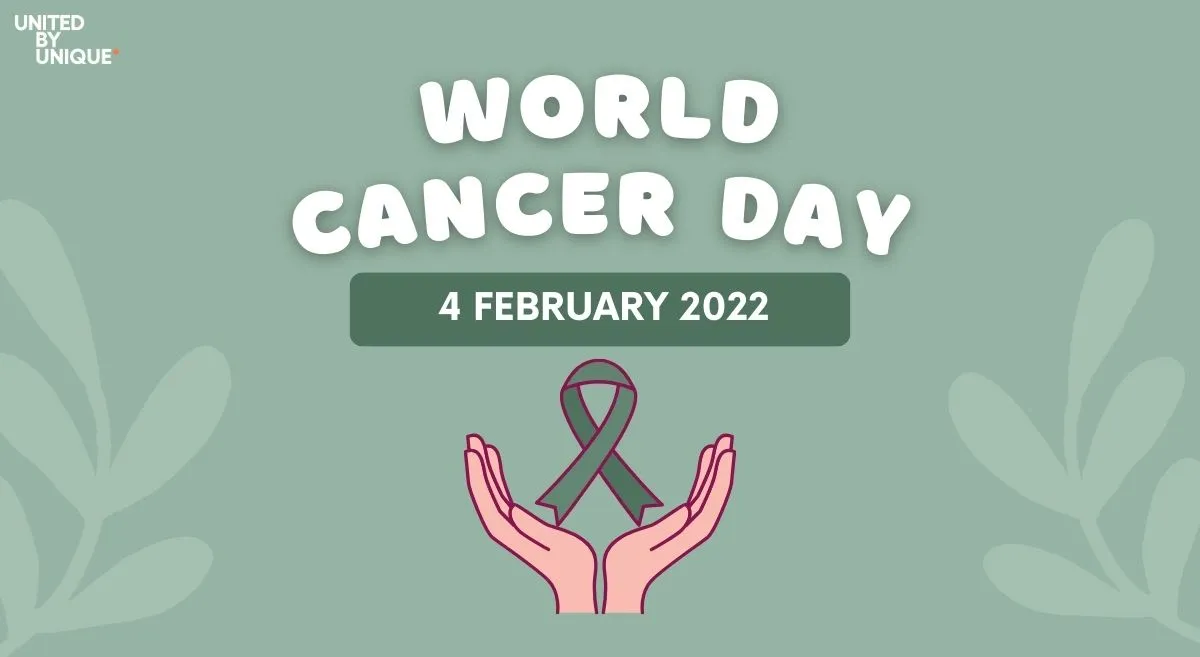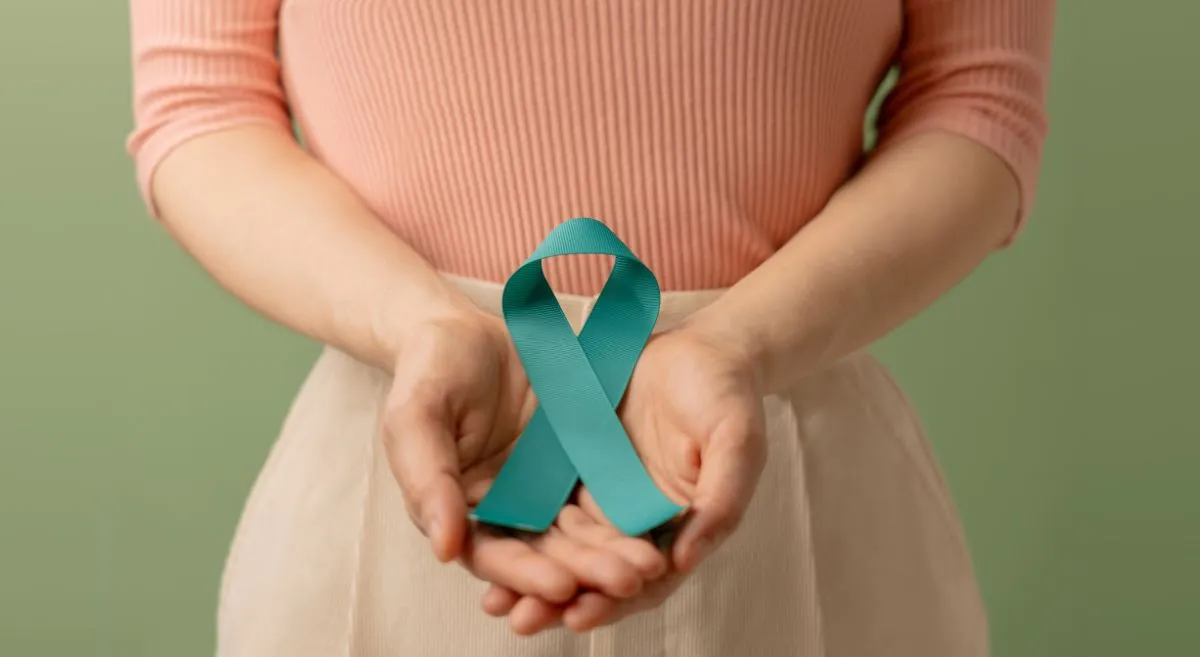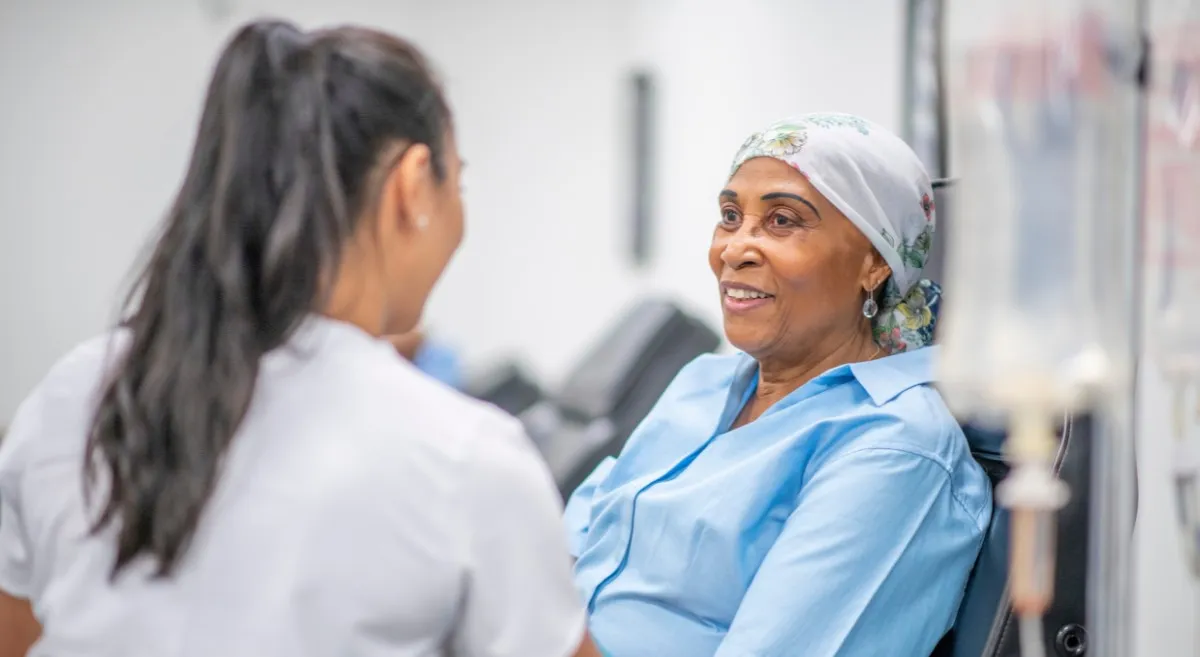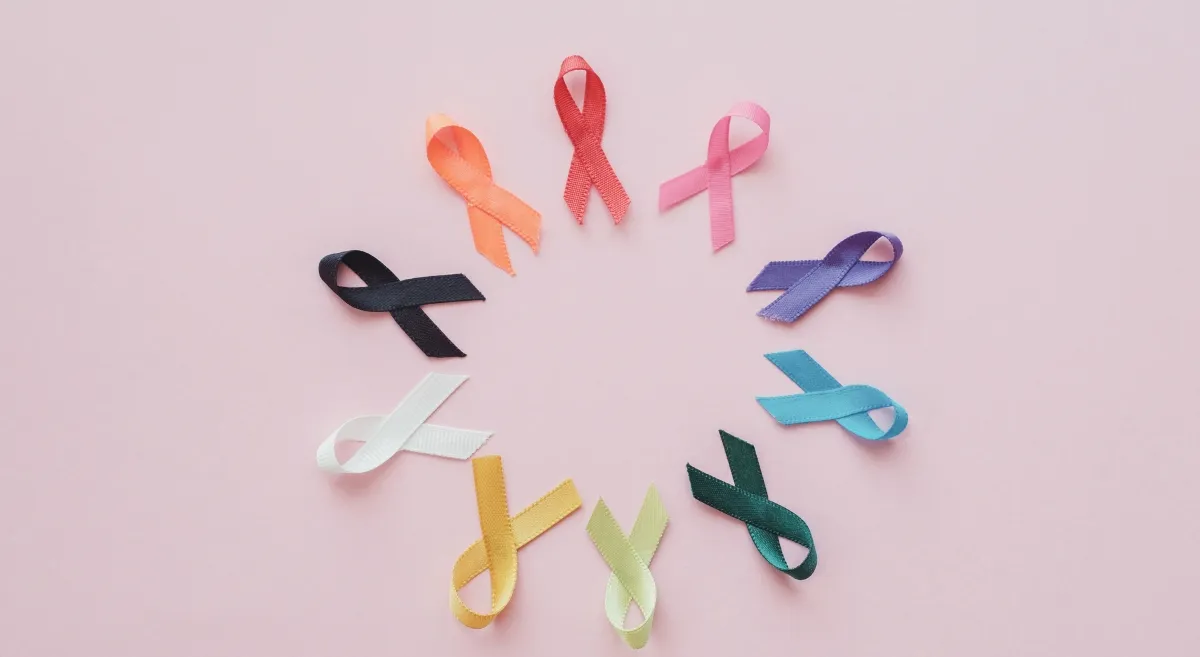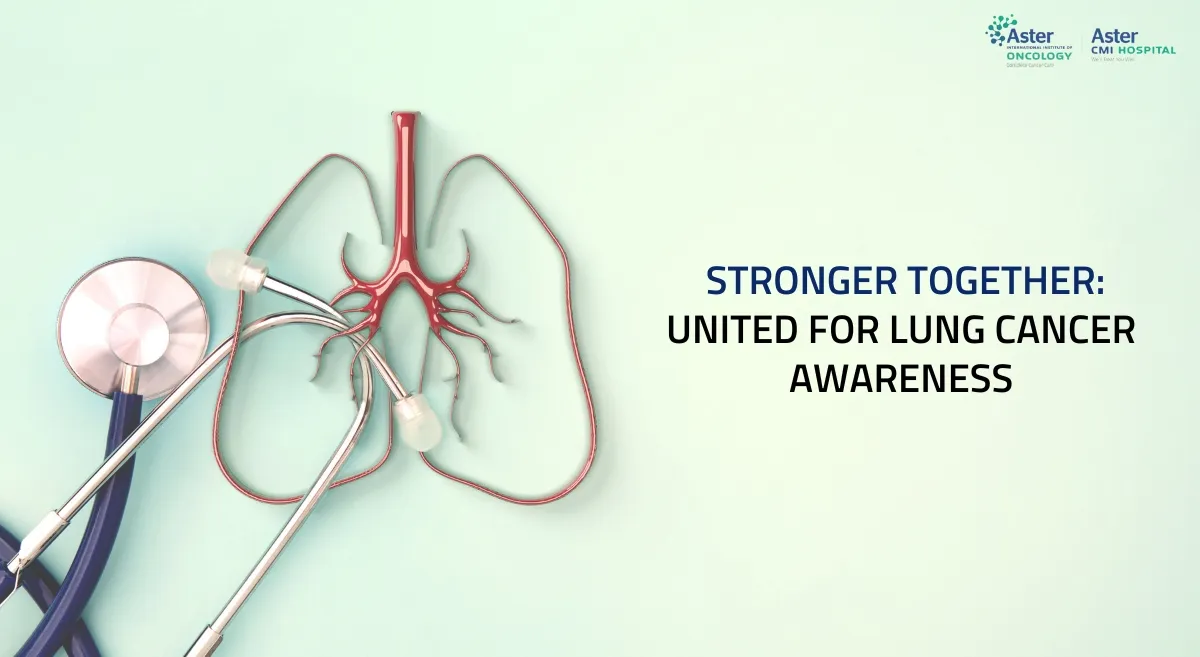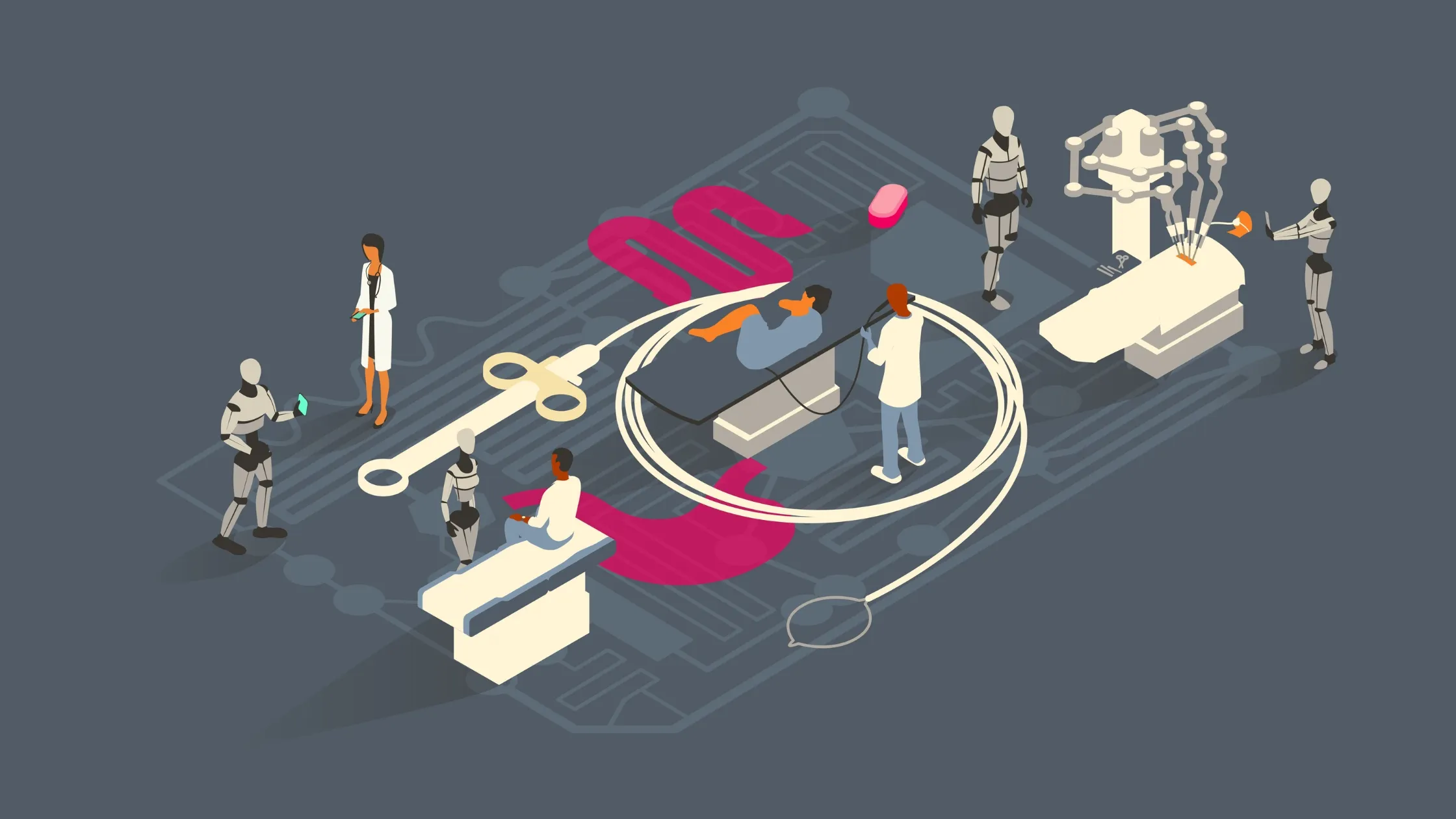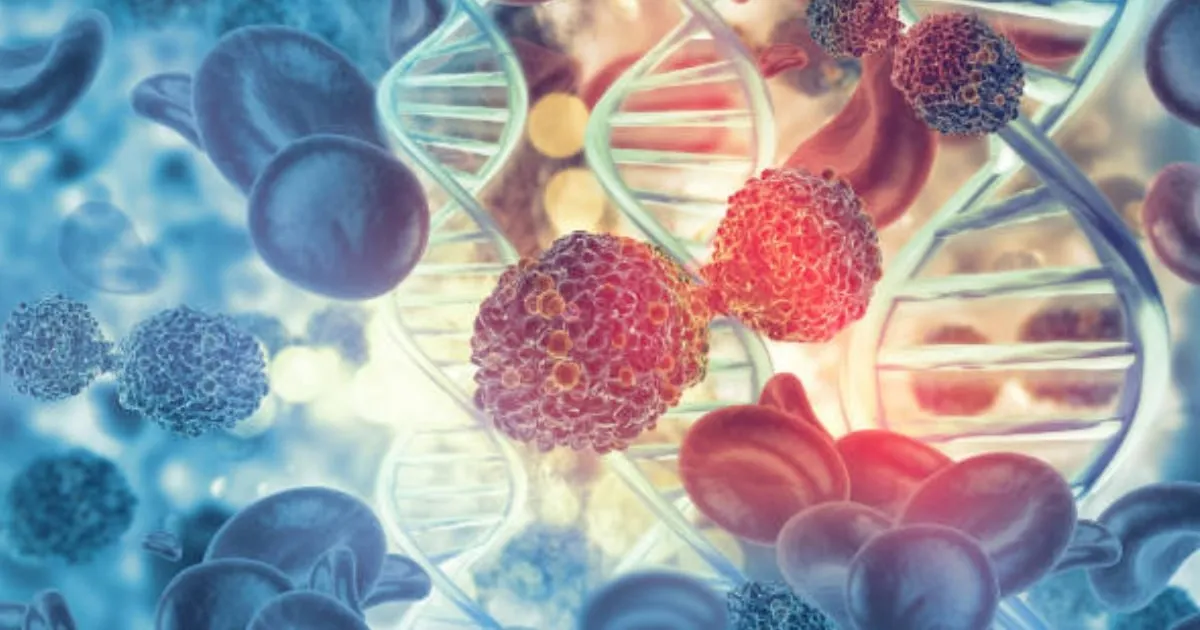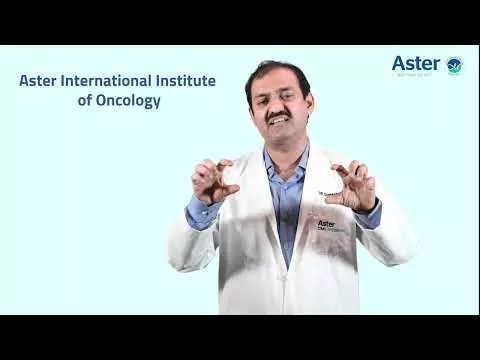Myths and misconceptions about cancer treatment frequently fog the minds of patients and their families, resulting in disorientation, fear, and, in some cases, misguided decisions. The importance of factual information cannot be overstated, especially when dealing with a life-threatening illness. Let us debunk these myths and lay the basis for a better understanding of cancer treatments.
Myth 1: "Alternative Therapies Are Always Better"
Patients frequently seek alternative therapies out of desperation or a desire to exhaust all possibilities. Natural remedies and holistic approaches have a powerful allure, but it's important to differentiate between evidence-based medical treatments and alternative therapies. Alternative therapies may provide some relief or supplement conventional treatments, but they should not be used in place of medically proven methods. Using alternative treatments exclusively can cause delays in effective interventions and pose serious health risks. Achieving a balance between conventional treatments and complementary therapies increases the likelihood of success.
Myth 2: "Chemotherapy Kills Only Cancer Cells"
Chemotherapy is a powerful tool in the fight against cancer, but it also has an effect on healthy cells. This misconception stems from the belief that chemotherapy only targets cancer cells. Chemotherapy drugs, in reality, travels throughout the body, affecting rapidly dividing cells such as those in the bone marrow and digestive tract. Fortunately, advances in medical science have resulted in targeted cancer therapies that target specific cancer cells while causing minimal harm to healthy tissues. These targeted approaches to cancer treatment are more precise and effective.
Myth 3: "Natural Remedies Can Cure Cancer"
The appeal of natural cancer cures has enthralled many, but scientific evidence is still lacking. While some natural compounds have anti-cancer properties, they are rarely powerful enough to eliminate cancer on their own. Merging natural therapies with evidence-based treatments can provide supportive benefits such as side effect management and improved overall well-being. Relying solely on natural remedies, on the other hand, can lead to missed chances for timely and effective medical interventions.
Myth 4: "Clinical Trials Are Too Risky"
Clinical trials are critical to the advancement of cancer research and treatment. Contrary to popular belief, clinical trials are specifically designed with patient safety in mind. These trials provide access to cutting-edge therapies and potential breakthroughs that conventional treatments may not provide. Partaking in a clinical trial is a brave decision that contributes to the collective effort of discovering new ways to fight cancer and improve the lives of patients.
Myth 5: "Surgery Spreads Cancer"
Surgery is a key component of cancer treatment, with the goal of removing tumours and preventing their spread. The belief that surgery can cause cancer to spread stems from a misunderstanding of the diligent techniques used by skilled surgeons. When executed by trained professionals and coupled with other treatments like chemotherapy and radiation therapy, surgery can effectively eliminate cancer and improve outcomes.
Myth 6: "Radiation Therapy Is Always Painful"
Radiation therapy, a targeted approach to cancer treatment, employs high-energy rays to kill cancer cells. While some distress may accompany radiation therapy, technological advances have drastically enhanced patient experiences. Modern techniques allow for precise cancer cell targeting while minimising damage to nearby tissues and pain. Radiation therapy causes discomfort, but it is controllable, and doctors work to ensure patient's comfort throughout the treatment process.
Myth 7: "Cancer Can Be Starved Through Diet Alone"
Diet is important in cancer prevention and treatment, but it cannot eliminate cancer on its own. A nutrient-dense diet can help the body's immune system and overall health, laying the groundwork for effective treatments. Relying entirely on a diet without evidence-based medical interventions, on the other hand, may result in missed opportunities for timely and impactful care.
Debunking myths and clarifying misconceptions is critical in the complex landscape of cancer treatments. Patients and their families deserve accurate information so that they can make informed decisions that could save their lives. People can navigate their cancer journey with optimism and hope by accepting evidence-based medical treatments, comprehending the significance of alternative therapies, and staying on top of advancements in cancer research. Remember that an honest conversation with doctors is critical to charting the best course possible. Make understanding and awareness your allies in the fight against cancer.
